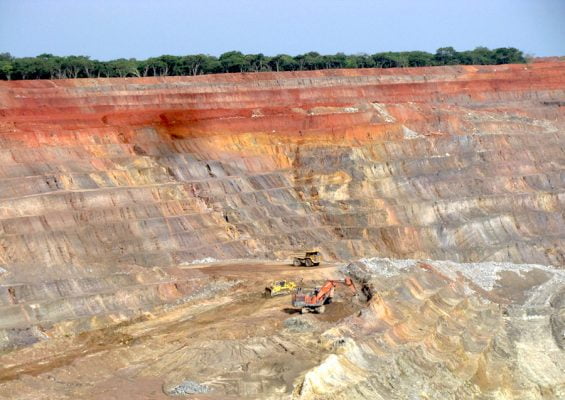Zambia, Africa’s second-largest copper producer, sees recent changes to its mining royalties regime as fair and won’t consider a review despite warnings from the industry that it could deter investment and result in job losses, Finance Minister Margaret Mwanakatwe said.
“There is no renegotiation taking place because a law has been passed in parliament to change the tax regime”
“There is no renegotiation taking place because a law has been passed in parliament to change the tax regime,” Mwanakatwe said Tuesday in an interview in Cape Town. “We don’t want to keep changing regimes frequently. We want a regime that is stable, that can ensure that government gets a fair share of revenue to support its development agenda. I can’t see the royalty tax changing.”
The minister in September announced a 1.5 percentage point across-the-board increase in mining royalties in the budget for the year from Jan. 1 and a 10 percent charge if the copper price climbs above $7,500 a metric ton. The previous tax rates ranged from 4 percent to 6 percent, depending on price of the metal.
Zambia’s Chamber of Mines, which represents companies including Vedanta Resources Plc, First Quantum Minerals Ltd. and Glencore Plc, warned that the move could render more than half the country’s copper mines unprofitable, lead to at least 21,000 jobs cut and a reduction of $500 million in capital spending over the next three years. While several companies announced plans to fire workers, they later withdrew the threat following fierce opposition from the government.
The new royalty “is actually not a drastic increase,” Mwanakatwe said. “The fact that each one of the companies has come back and said there will not be any job losses, I think is a very good development and a very progressive one and a recognition that in fact some of them are going to expand. I believe the mining sector will invest where it needs to invest.”
Zambia’s Mines Minister Richard Musukwa said in an interview Monday at the Investing in African Mining Indaba in Cape Town that while the government is holding firm on the new law, it was prepared to make temporary concessions on the recent changes to its mining taxes if companies can show they need it.
Mwanakatwe said the government may consider offering concessions to encourage local production of concentrates and is open to further engagement with the mining industry.
“Mining contributes about 14 percent of gross domestic product,” she said. “I need to ensure that we have a mining sector that is thriving and investing.”
Bloomberg News





